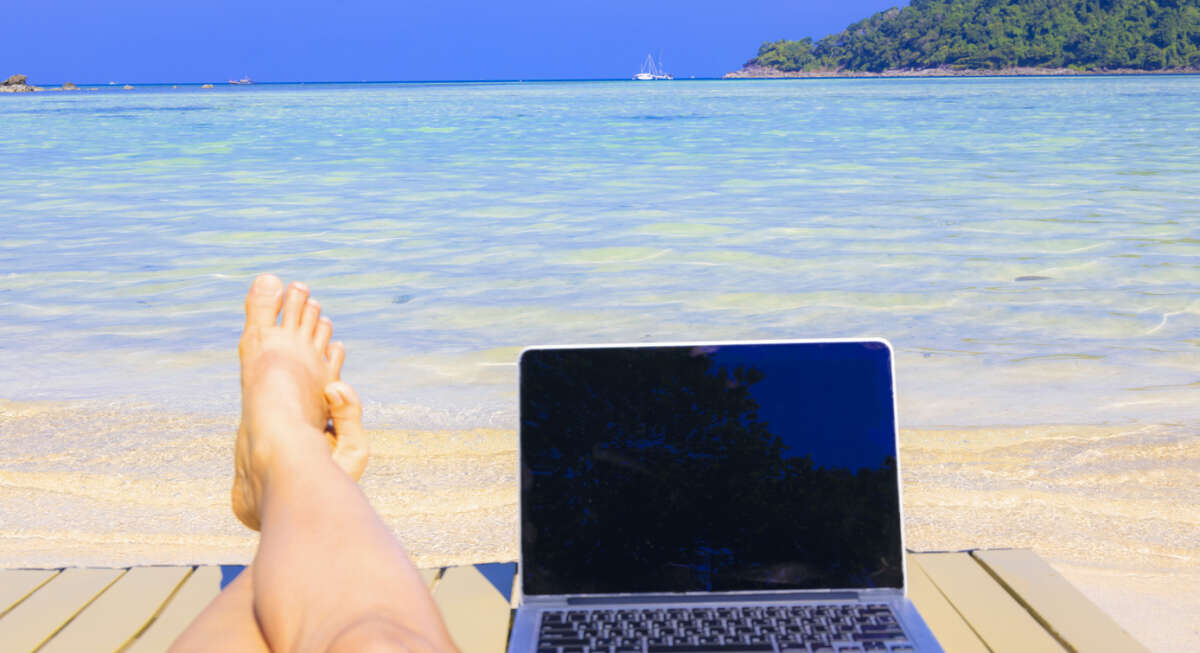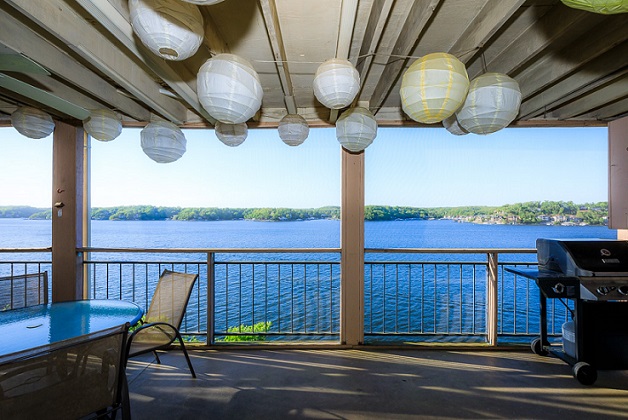Save on Fees and Experience Professional Service
IDEA DRIVEN VACATIONS
Search for Travel Guides, News, Events, Special Interests, and More!
-
Activities and Interests
Uncover fun activities and special interests for your upcoming trip
-
Event Travel
Plan your trip around concerts, festivals, and special events worth traveling for
-
Attractions
Explore top landmarks, scenic spots, and can't-miss local highlights
-
Travel Guides
Navigate each location like a local with our detailed travel guides
-
Travel News
Stay updated with the latest travel trends and vacation rental tips
-
Trip Ideas
Find inspiration for your next getaway with curated trip suggestions and themes
-
Travel Newsletter
Join our newsletter for exclusive travel insights, featured destinations, and trip planning tips
TRENDING
Pinetop-Lakeside Arizona Travel Guide
Pinetop-Lakeside Arizona
Knoxville Tennessee Travel Guide
Knoxville Tennessee
Company Values
by Cindy Dahlen
Lake Of The Ozarks Missouri Travel Guide
Lake of the Ozarks Missouri
New Smyrna Beach Kite Festival | Take Flight at the Beach
June -
New Smyrna Beach Florida
Vacation Rentals for Students: How to Plan an Affordable Study Break

As a student, balancing academic responsibilities with personal downtime is critical for maintaining a healthy lifestyle. While school breaks offer an excellent opportunity to recharge, many students often shy away from vacations due to budget constraints. Fortunately, vacation rentals provide a cost-effective option for students who want to escape their hectic study routines without breaking the bank. This article will guide you through the essentials of planning an affordable study break, with a focus on securing budget-friendly vacation rentals.
Why Vacation Rentals Are Ideal for Students
For several reasons, vacation rentals have grown in popularity in recent years, particularly among younger travelers. Unlike traditional hotels, vacation rentals often provide more space, lower costs (especially when shared among a group), and access to essential amenities like a kitchen. For students on a budget, these perks allow for flexibility in managing finances while enjoying the benefits of a vacation.
One of the primary advantages of vacation rentals for students is the ability to share costs. Renting a home or apartment with a group of friends allows everyone to split the total price, significantly reducing individual expenses. In addition, vacation rentals often offer longer stays at discounted rates, ideal for students planning a break after a busy semester. However, while saving on accommodations is crucial, you can also apply smart financial planning to academic needs, such as securing help with papers through services like a custom research paper writing service EssayPro, which frees up time to plan your trip stress-free.
Choosing the Right Location
When planning a budget-friendly study break, location is everything. While famous tourist destinations may be tempting, they often come with higher rental costs and increased competition for bookings. Instead, consider alternative locations that offer the same charm and activities at a fraction of the price.
Here are a few strategies for choosing an affordable location:
- Explore Off-Season Destinations: Popular tourist spots are typically more affordable during the off-season. Research areas that are less crowded but still offer plenty to do. For example, beach towns in the fall or ski resorts in the summer can provide a peaceful, scenic retreat without the high price tag.
- Look for Lesser-Known Destinations: Some of the best vacation experiences are found in under-the-radar destinations. Smaller towns near major cities or less popular national parks can offer exciting experiences at a much lower cost.-
- Proximity to Campus or Home: Sometimes, the most affordable study breaks are those close to home. Consider destinations that are a short drive away from your campus or hometown, reducing the need for expensive flights.
Booking a Vacation Rental: Key Tips for Students
Once you've settled on a location, it’s time to book your vacation rental.
As a student, there are several ways to secure the best deal and maximize your budget:
- Book Early: Like many travel expenses, the cost of vacation rentals tends to rise as availability decreases. Booking your rental several months in advance can secure a better price.
- Use Student Discounts: Some rental platforms offer discounts specifically for students. Don’t forget to check if the platform you’re using offers promotional codes or discounts through student travel programs.
- Negotiate with Hosts: On some vacation rental platforms, it’s possible to negotiate the price directly with the host. If you’re staying for a week or more, try asking for a discount on the overall cost, especially during non-peak seasons.
- Prioritize Amenities: While browsing vacation rentals, look for properties that offer the amenities you need to save money during your stay. A kitchen, for instance, can help you cut down on dining expenses by allowing you to prepare your own meals.
- Check for Group Accommodations: If you’re traveling with friends, opt for rentals that can accommodate multiple guests. Many vacation homes or large apartments have enough space for groups, and splitting the cost among several people makes for an affordable option.
Budgeting for Your Study Break
Planning an affordable study break goes beyond just saving on accommodations. To make your vacation as budget-friendly as possible, consider the following tips:
- Set a Daily Budget: Before you leave, calculate how much you can spend per day on food, transportation, and activities. Having a clear budget will prevent you from overspending and help you track your expenses.
- Look for Free or Low-Cost Activities: While on vacation, take advantage of free or inexpensive activities such as hiking, visiting museums with student discounts, or exploring local markets. Many destinations also offer free walking tours, which can provide a great overview of the area.
- Use Public Transportation: Opt for public transportation or walking when possible. Not only does this save money, but it also allows you to experience your destination like a local.
- Prepare Meals at Your Rental: Dining out can quickly eat into your budget. Cooking meals in your rental kitchen is a great way to cut costs. If you do decide to eat out, look for local cafes or restaurants that offer student discounts.
- Plan for Unforeseen Costs: Even with the best planning, unexpected expenses can arise. Set aside a small portion of your budget for emergencies or spontaneous activities you might not have anticipated.

Making the Most of Your Study Break
While the goal of your vacation is to unwind, it’s essential to strike a balance between relaxation and productivity. Since this is a study break, you might still need to set aside time for academic responsibilities like preparing for exams or completing assignments.
Here’s how you can make the most of your vacation while staying on top of your studies:
- Create a Flexible Schedule: Outline your daily activities but leave room for study sessions or catching up on coursework. Allocating a few hours each day to academic tasks ensures you don’t fall behind.
- Utilize Study-Friendly Spaces: Look for vacation rentals with a quiet area where you can study without distractions. A space with natural light and minimal noise can make all the difference.
- Take Study Breaks in Nature: If your vacation rental is near a beach, forest, or park, take advantage of the natural environment for short study breaks. Spending time outdoors has been proven to improve focus and reduce stress, making it the perfect complement to your study routine.
- Stay Connected: Make sure your vacation rental offers reliable Wi-Fi so you can stay connected to online resources, professors, and classmates as needed.
Conclusion
Planning an affordable study break as a student is entirely possible with the right approach. Vacation rentals offer a budget-friendly alternative to traditional hotels, allowing you to enjoy a comfortable and convenient stay. By choosing the right location, negotiating rental costs, and following a well-planned budget, you can enjoy a refreshing vacation without overspending. Remember, balancing leisure with academic responsibilities will help you return to campus feeling recharged and ready to tackle the next semester.
Additional Student Articles
Things Students Can Do in Winter if They Don't Like Skiing
by Find Rentals
7 Winter Destinations for American Students
Asheville North Carolina
Renting to College Students
by Sandra Larson










